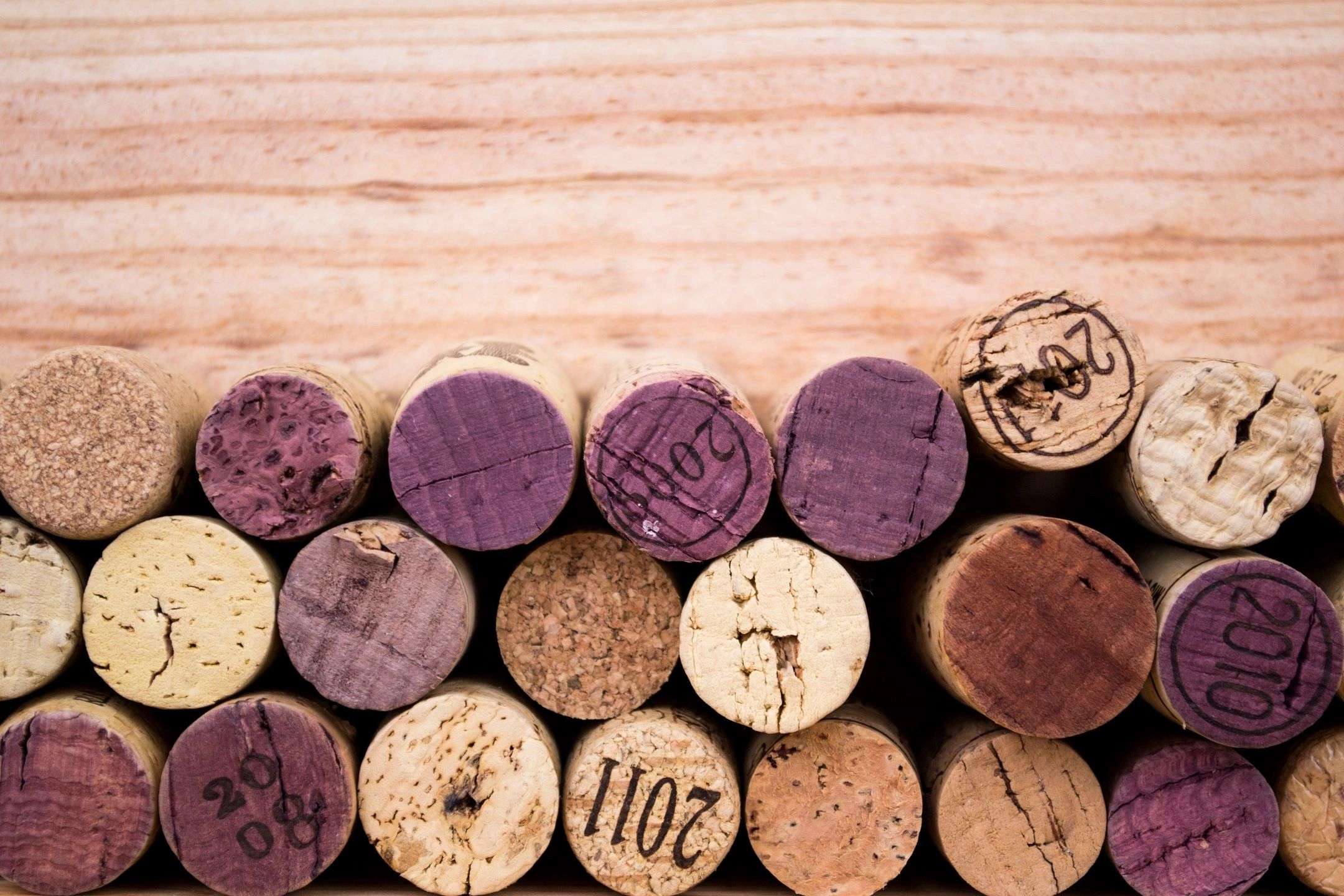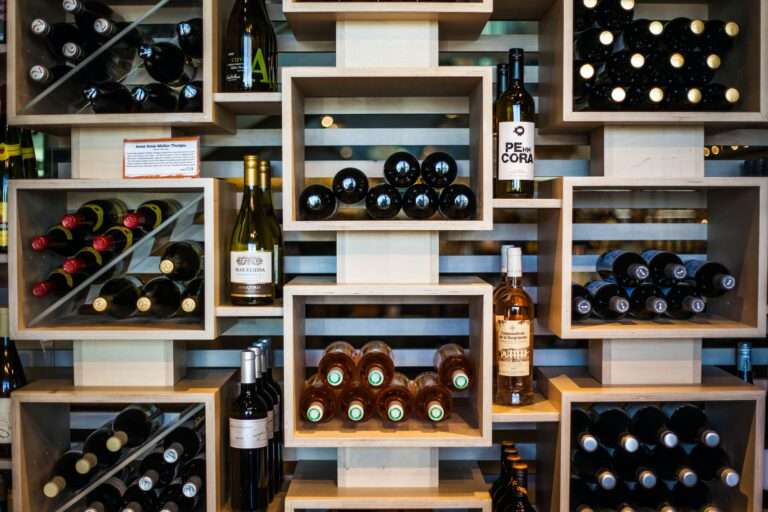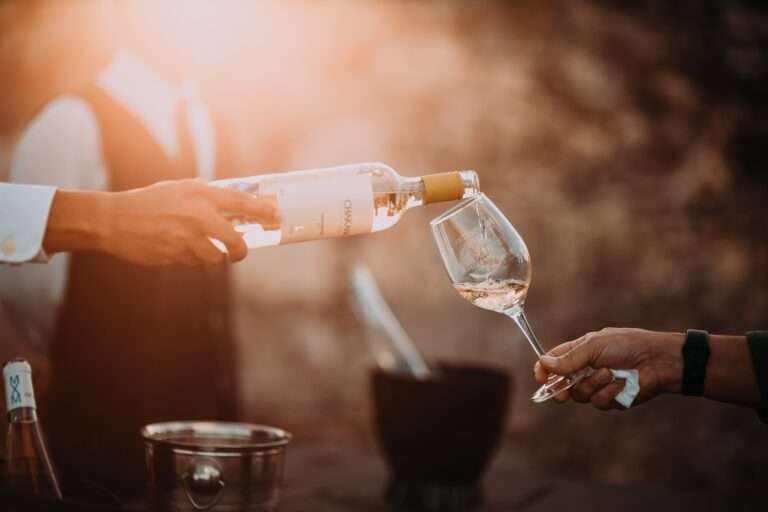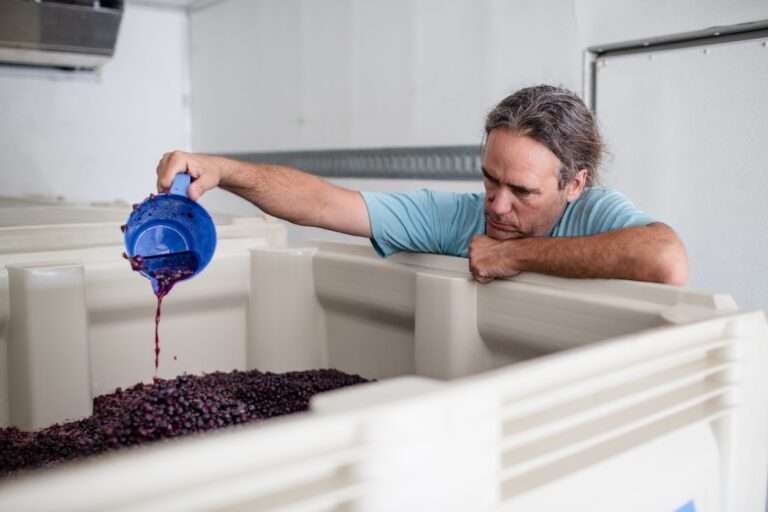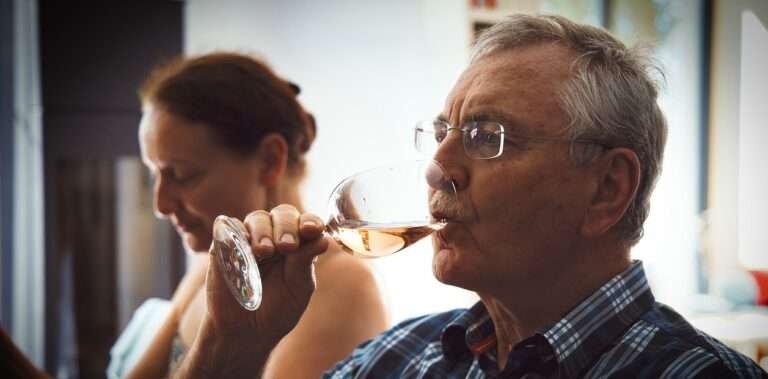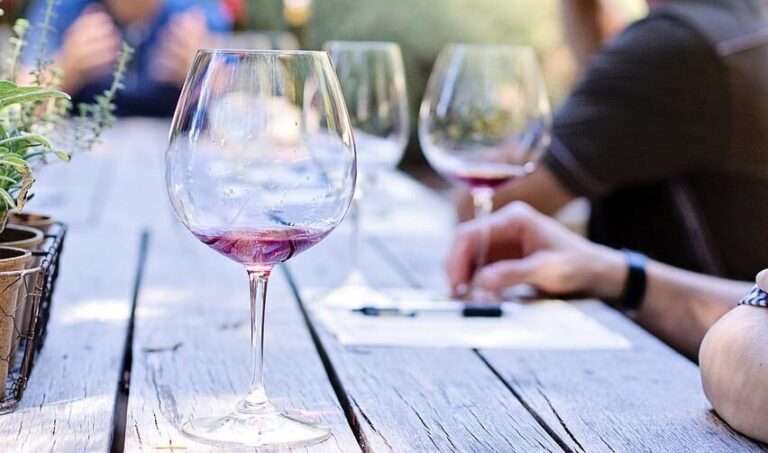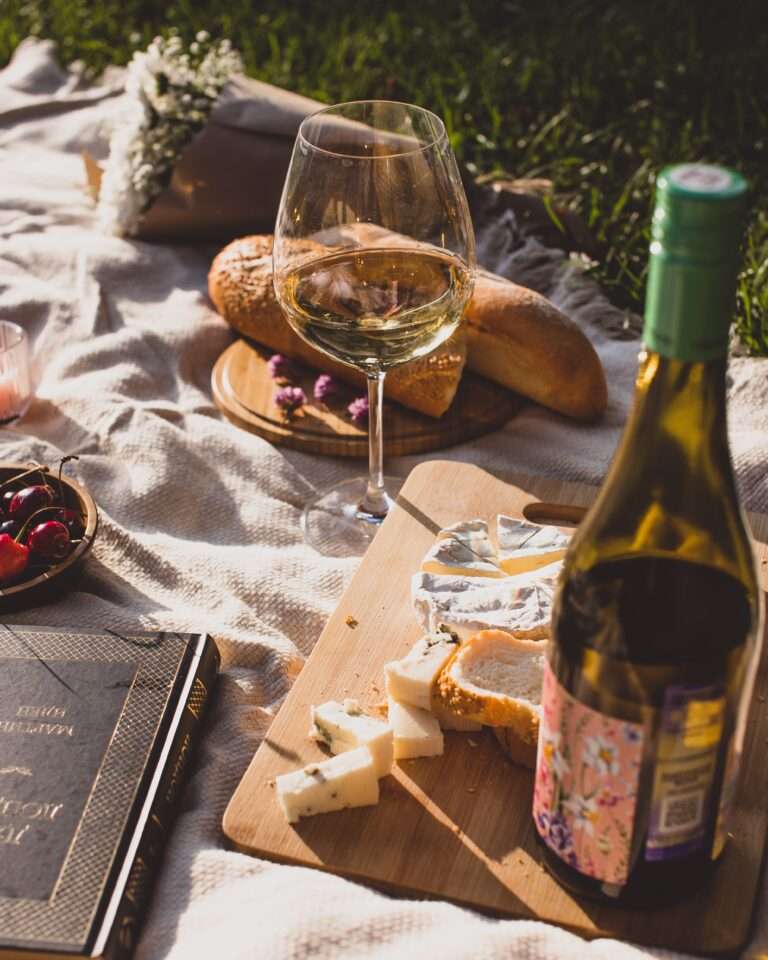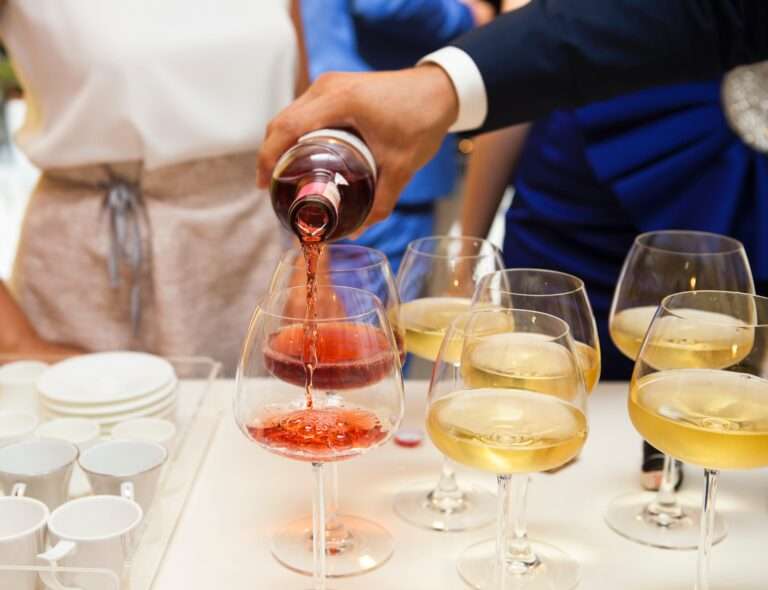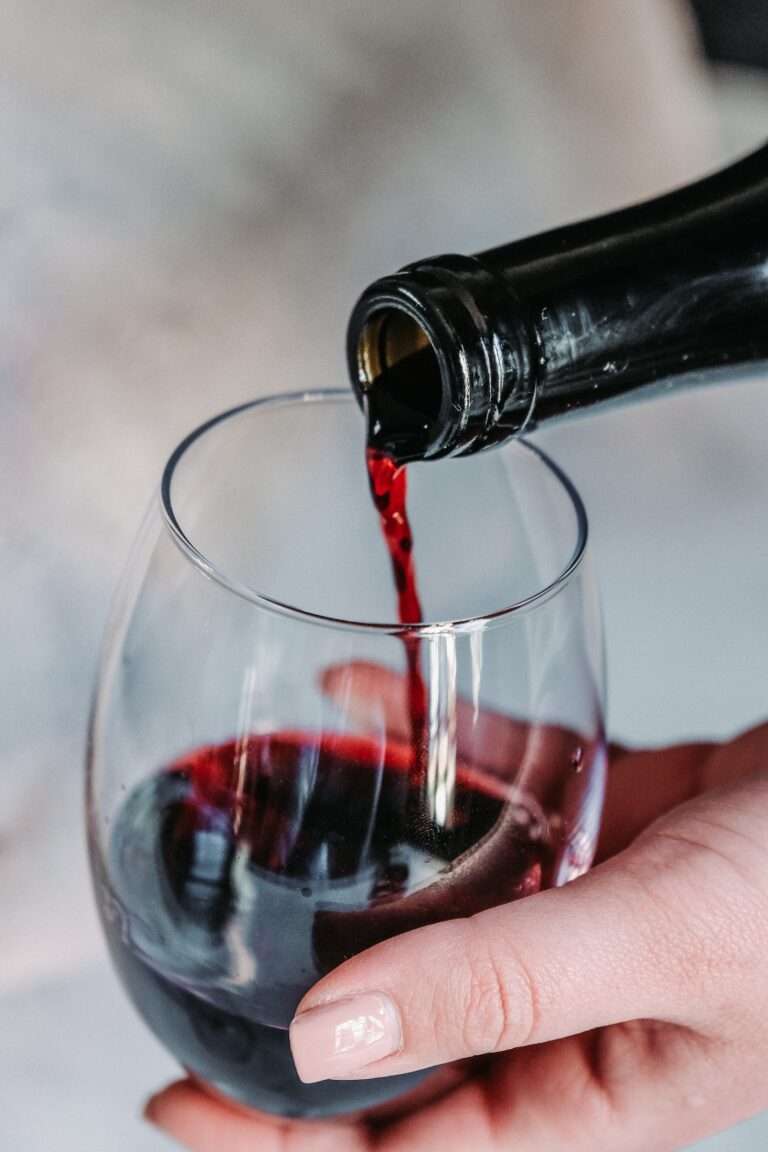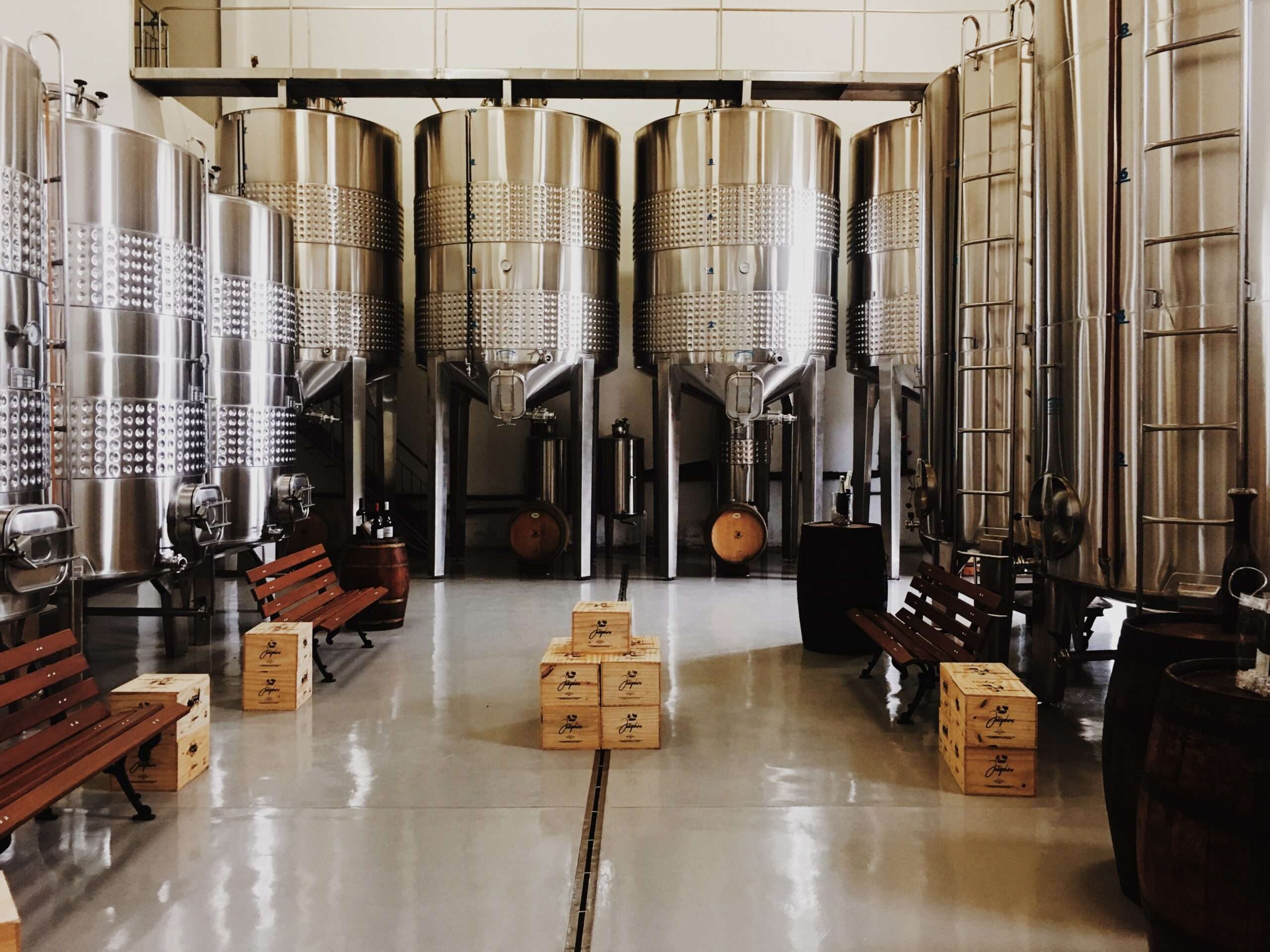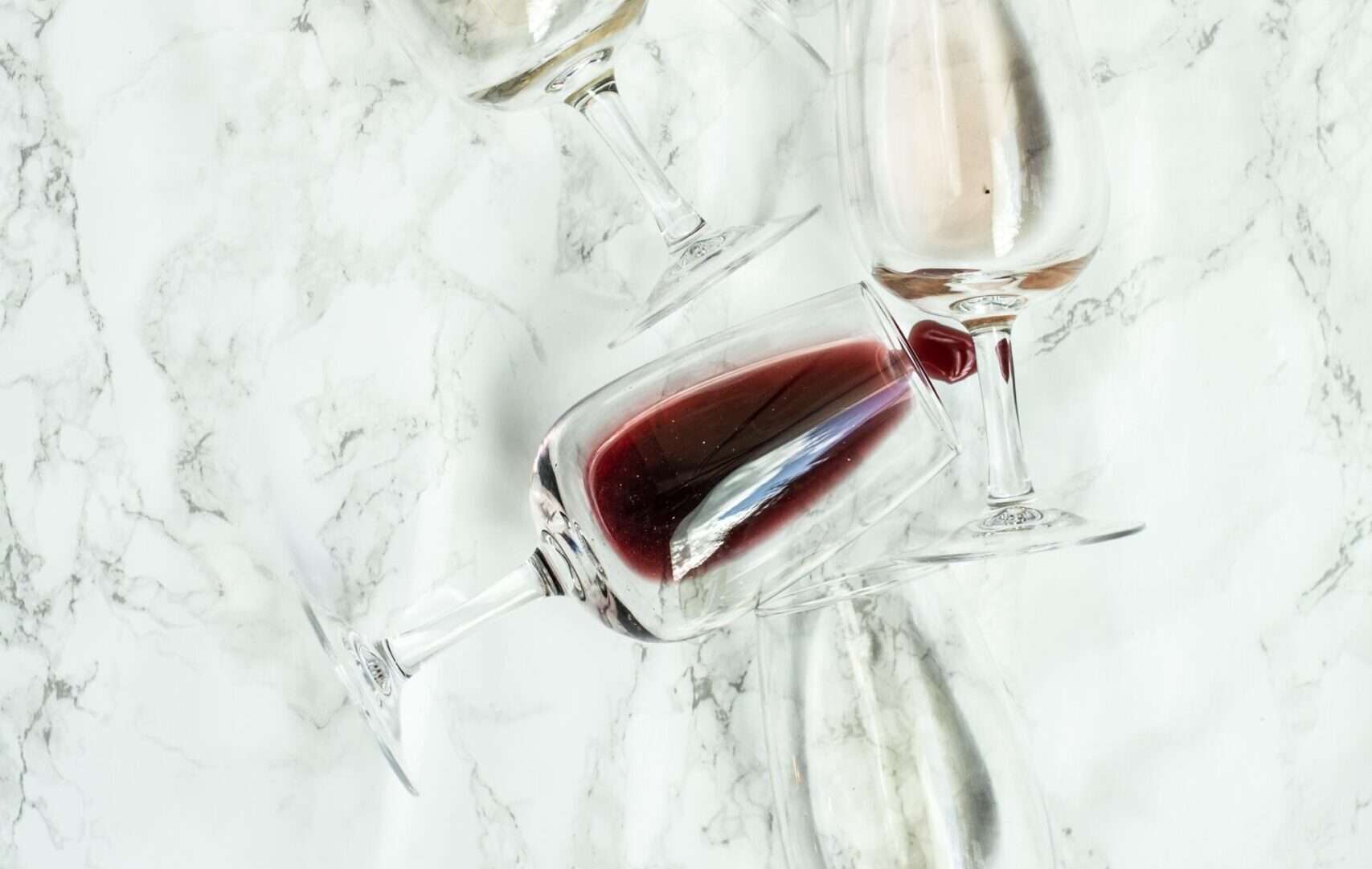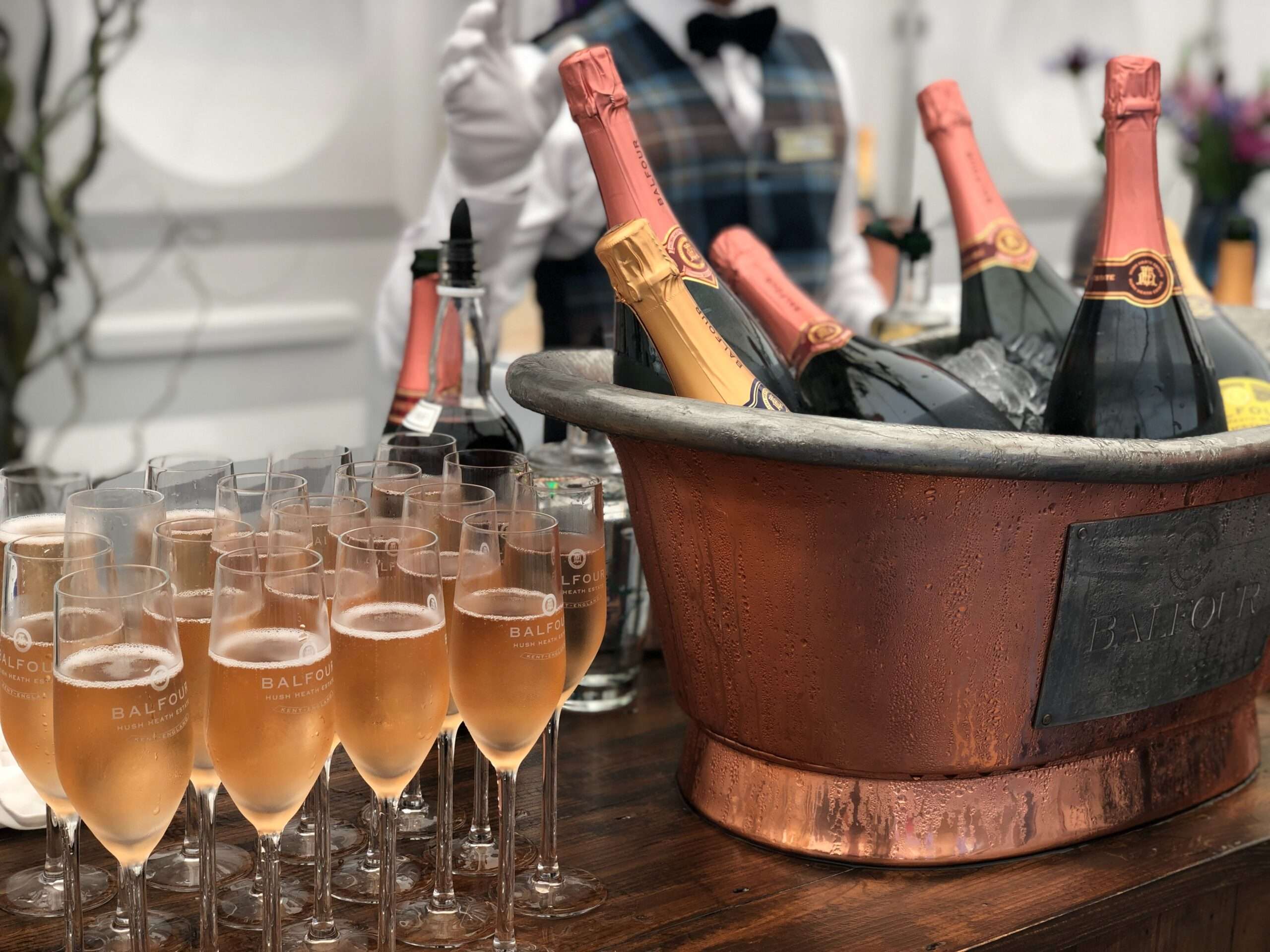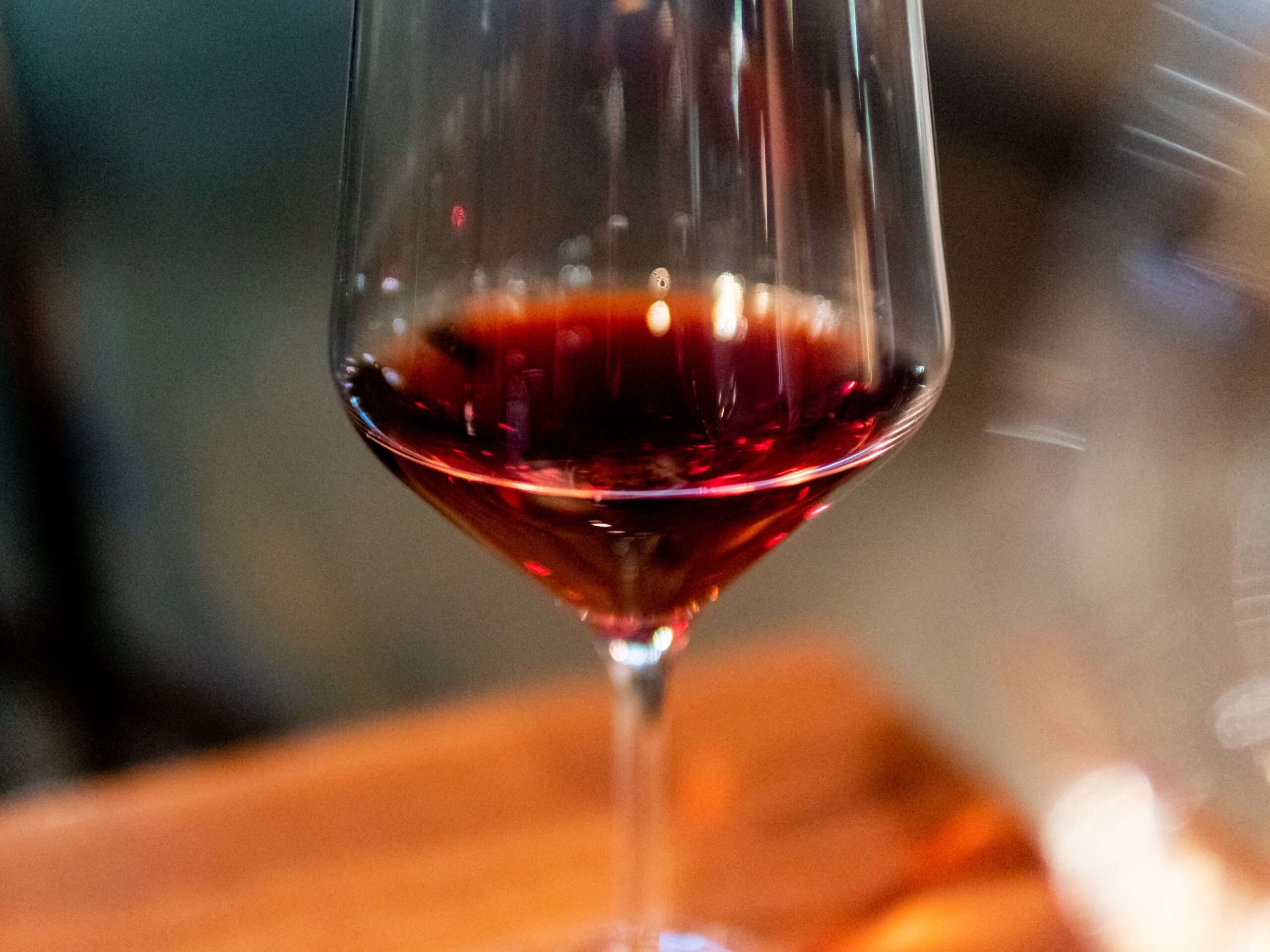Anyone who has had any exposure to wine will know of the adage that wine gets better with age. The question remains, why does wine improve over time? And how much time is too much time?
The improvement of wine over some time is due to the ratio of the chemical solution of sugars, acids, and phenolics (tannins), which will alter over time as each component breaks down. With these in the correct ratio, the wine will have a greater potential for aging well.
Not all wines will necessarily age well; age is also a relative term. Some wines will be considered aged by six years, while others may only be able to be considered as such by 20 or even 40 years. Provided certain wine varieties are well made, they will improve with aging. Other varieties are better enjoyed in their youth.
What Happens When Wines Age?
Wine is predominantly made from grapes; the less water the grapes contain the more likely the resultant wine produced will have the aging potential. The less water in the grapes the more sugar, acid, and phenolic tannins. The more these chemicals and compounds are present; the more potential the wine has for aging.
Aging is a process of the ongoing chemical reactions within the wine. These reactions will affect the taste, texture, aroma, and appearance of the wine.
What Does Aging Do To The Taste Of Wine?
Aging provides a period during which the initial flavor of the wine can mature. Primary flavors in a young wine are the most predominant with a possible hint at secondary flavors. A matured or aged wine will have a tertiary flavor where there is more variety and subtlety. These tertiary flavors also linger in the mouth allowing for extended enjoyment.
The variety of flavors will also develop better over time, turning into a bouquet. A young wine will often be quite harsh on the palette, with a sudden strong taste that quickly dissipates.
What Does Aging Do To The Appearance Of Wine?
Young red wines will be a vibrant red, often quite opaque in color. Over time red wine will lose its deep red color and turn a tan to brownish color. An aged red wine will also lose its opacity, developing a lighter ‘halo’ around the edges known as a ‘rim.’
On the other hand, white wines will develop a richer color with age. Pale, almost green hues turn to gold or amber.
What does Aging Do To The Texture Of Wine?
The texture of a wine refers to the feeling it leaves on your palate when drinking. The texture of a wine is linked to the tannin content.
Tannins in a young wine still retain enough charge to keep suspended in the wine leading to a more acidic watery texture. Tannins will combine with proteins in saliva with youthful wines leaving the mouth and tongue feeling dry.
Over time in matured wines, with the help of oxidation, the tannins lose their charge and combine to form heavier chains. These chains are different in surface area to the individual smaller tannin molecule they are composed of.
The formation of these long chains results in the smooth, subtle texture of an aged red wine that lingers on the palate. As these chains form, they get heavier and no longer remain in suspension causing the sediment one finds at the bottom of a bottle.
Aged white wines, having fewer tannins, tend to develop an oily viscous texture which can be noticed if one swirls the wine against the side of a glass.
How Does Aging Effect The Aroma Of A Wine?
As with most developments in an aged wine, the tannins are also responsible for altering the aroma of the wine over time. They react with the acids and alcohol in wine, dampening the fruity floral smells more common in a young wine to produce a mature wine’s more subtle rich variety.
What Effects The Aging Of Wine?
It is not only time that plays a role in the aging of wine; storage and bottling can be equally important in properly developing wine to its maximum taste potential.
The Effects Of Storage And Temperature on the Aging of Wine
A well-made wine with the perfect ratio of chemical components can easily be ruined by inadequate storage and bottling. Exposure to too much oxygen during bottling can lead to advanced oxidation. A badly produced cork can also allow for the ingress of either too much or too little oxygen, which can have detrimental effects on the developing flavors of the wine.
Exposure to heat fluctuations will negatively impact the wine. The optimal temperature for wine storage sits at 55° F. Winemaking is a very delicate ongoing chemical process that is open to many variables. Wherever these variables can be reduced as much as possible the better the finished product will be.
How The Type Of Wine Affects Its Aging Ability
The maceration of the grapes will determine the amount of tannin in the wine. The tannins come from the grape skins, and the more tannins present, the darker the wine. A larger variety of red wines will have a greater capacity for aging than white wines due to their higher tannin content.
However, tannins are not the only factor that influences the ability of a wine to age. Increased acidity will also play a role in the aging, a lower pH will assist in the aging of a wine, which is why several white wines can age quite well.
Which Wines Can Be Aged?
Red wine varieties are the most commonly aged due to their high phenolic content.
- Pinot Noir
- Cabernet
- Cabernet Sauvignon
- Malbec
- Syrah
- Merlot
White wines are more commonly read to drink when bottled, but some varieties can be better enjoyed with aging.
- Sauvignon Blanc
- Chardonnay
Which Wines Should Not Be Aged?
Certain wines are bottled and ready to drink with no amount of maturation bringing any real improvement to their enjoyment; in fact, certain wines may be designed for immediate use with aging leading only to the development of vinegar.
- Champagne
- Rosé
- Blush Wines
- White Varietals (excepting Sauvignon Blanc)
Conclusion
Wine is a complex chemical solution with the correct ratio of components within the solution; given sufficient time, this solution will undergo various chemical reactions that will ultimately cause the wine to improve its taste, aroma, and texture.
Not all wines will require aging for improvement, and each variety has its timeline for optimal enjoyment.

